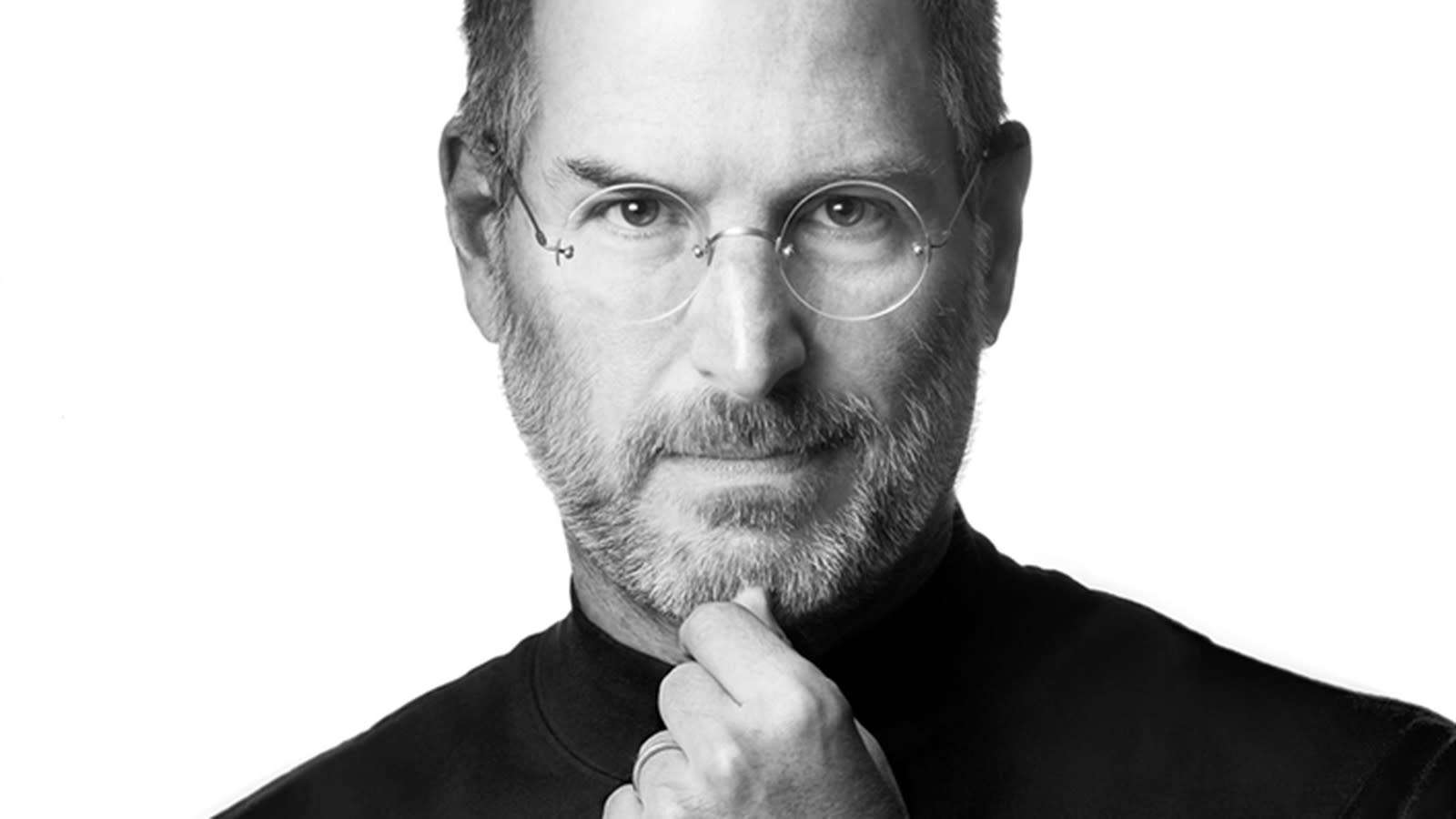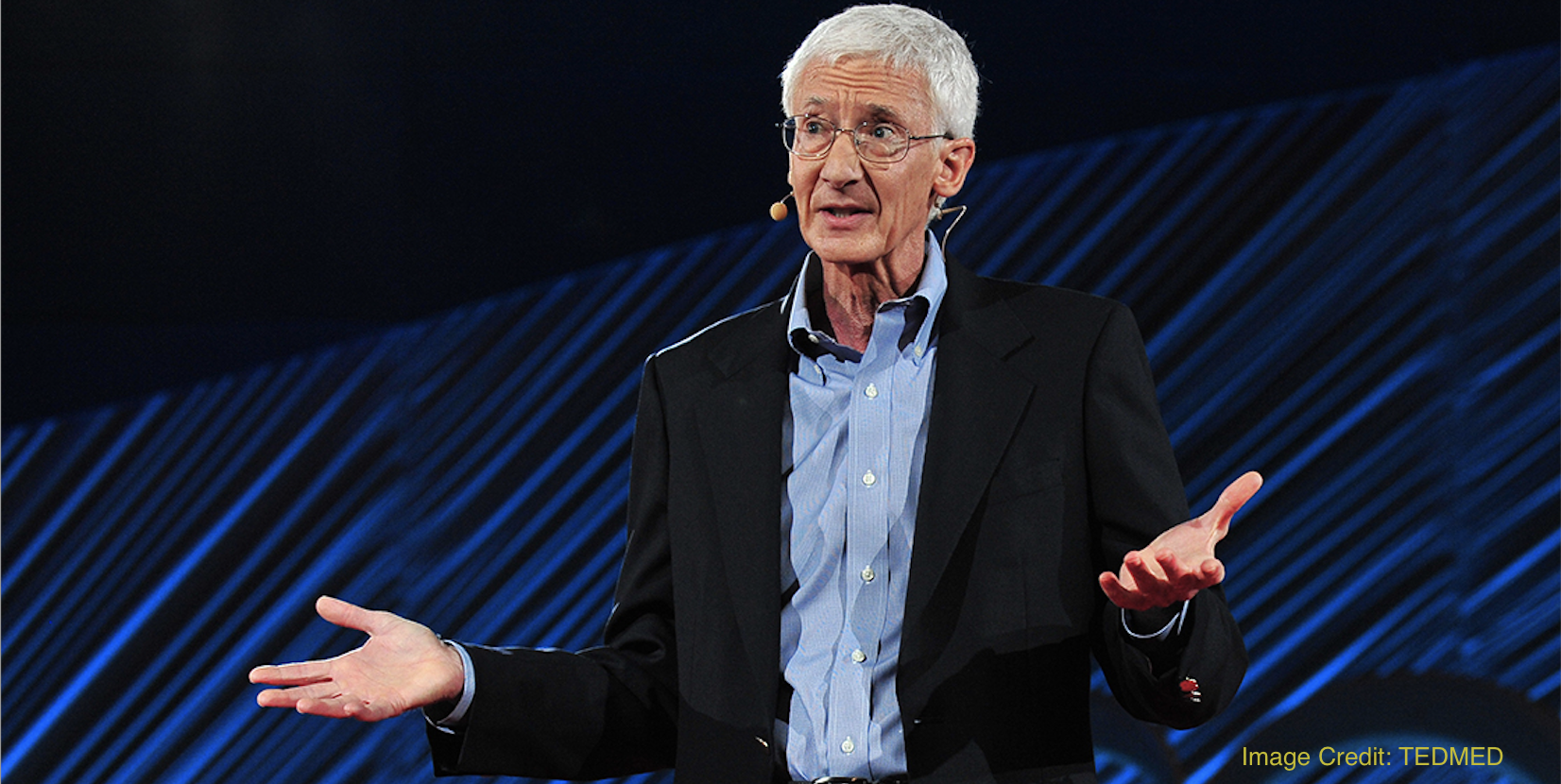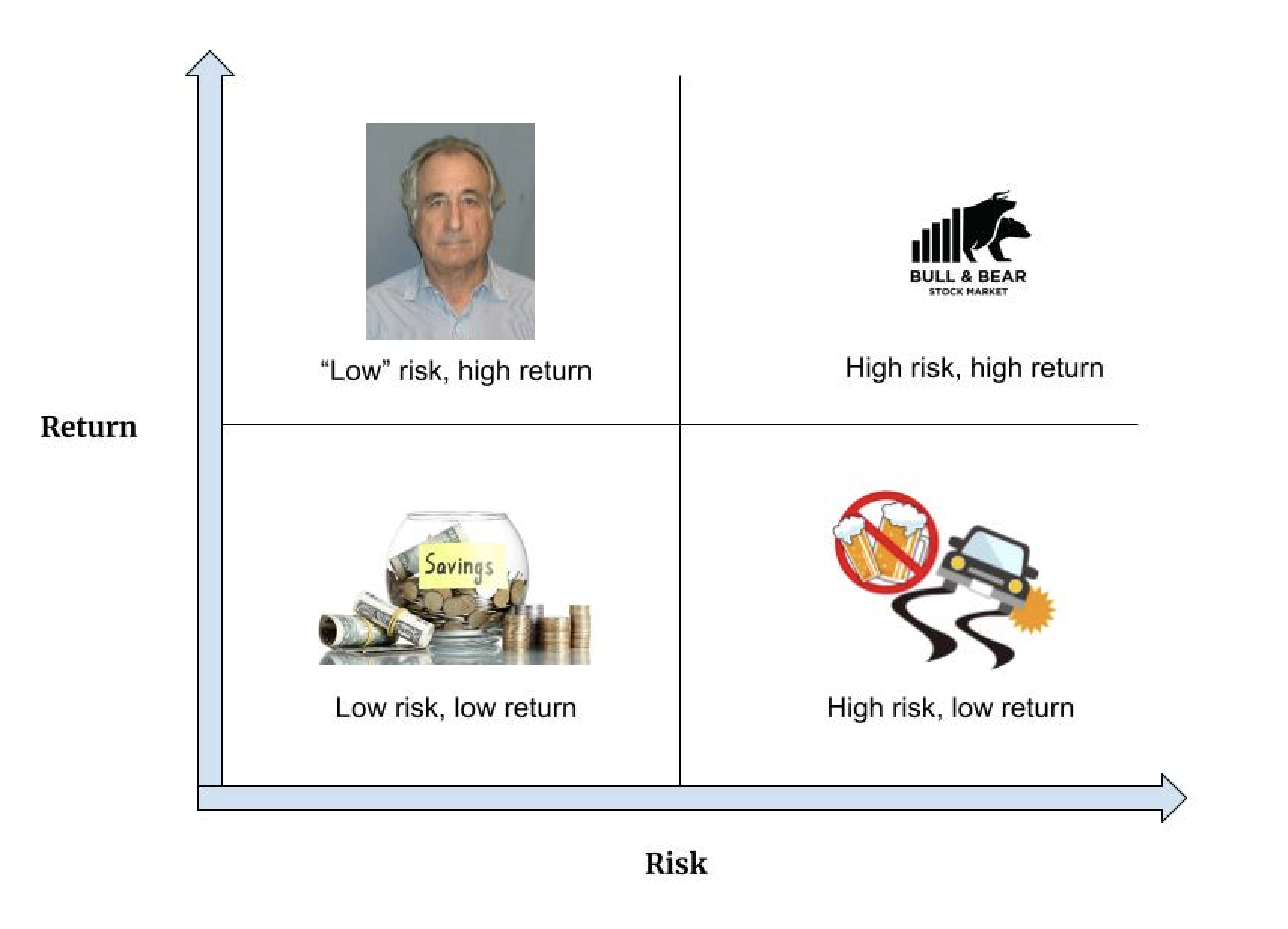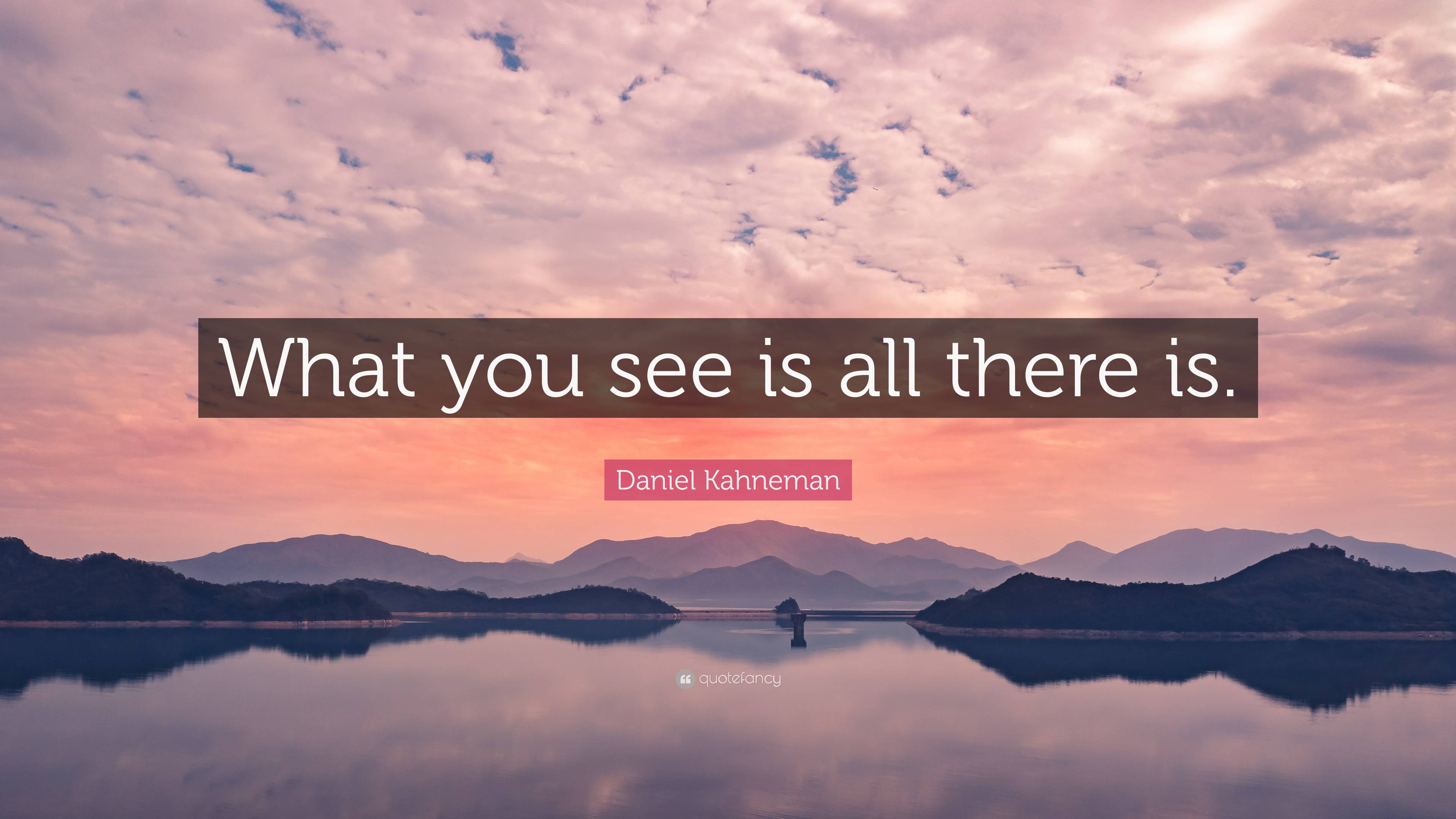Steve's Jobs (Part III): Why Apple became a Trillion-Dollar Company
Diligent Readers, I write today to share a third and final look at Walter Isaacson’s Steve Jobs biography. I shared the first post in January about Jobs’ control-freak streak, as well as his high-agency worldview in which he bent others’ reality, and his ability to focus on WIN (“what’s important now”). In last week’s follow up, I covered the themes of pleasure from restraint and life slack.
This week, I want to share an argument for why Apple became the first trillion-dollar company, and why it remains the most capitalized company ($2.6T) to this day. I’ll discuss two themes persistent in Jobs’ life covered in previous posts — pleasure from restraint and a penchant for control — that separated Apple from a product perspective.
Before I begin, I want to acknowledge Ben Thompson’s Stratechery blog. I started reading Stratechery in 2019 with minimal understanding of tech and the tech industry. Thompson’s posts have educated me on the concepts of platforms, integration, and much more; Isaacson’s book helped me connect the dots.
By the 1990s, Apple was a successful computer company, but it was not yet a cultural phenomenon. In 1997, Steve Jobs returned to Apple despite being pushed out in 1985 by John Sculley, the CEO Jobs recruited from Pepsi (after reading Isaacson’s book, one can assume that Jobs’ second coming strengthened his own Jesus complex).Steve Jobs’ mission in both of his stints at Apple was to simplify the personal computer and bring it to the masses. This mission didn’t really change the arc of history until Apple released the iPod in 2001.
iPod Simplicity, or, a Baby using Snapchat
The iPod was not the first MP3 player, but its functionality went against the grain. This functionality began with simplicity: you couldn’t buy or download songs on the iPod itself (more on this in a moment), so the iPod’s interface was simple and intuitive. “The main thing in our design is that we have to make things intuitively obvious,” Jobs told Isaacson. The obviousness makes Apple devices extremely user-friendly. Isaacson tells a story of remote villagers in the Amazon (rainforest, not the company) who received iPads and immediately used them without instruction.
I still remember where I was when I watched a one-year-old open her mom’s iPhone and navigate to Snapchat. (I don’t want to distract from the point here — that Apple’s products are intuitive — but this Snapchat scene marked a turning point in how I view technology. Humans have basically merged with technology at this point — smartphones are a fifth limb — but as we physically merge with computers, whether through Neuralink or implanted bio monitors, this baby-Snapchat scene will be my flashbulb memory of the turning point.)
Jobs’ obsession with pleasure through restraint, discussed last week, was reflected in the iPod’s simplicity. It was intentionally part of the iPod’s design, as well as that of the iPhone and iPad. The ease of use increased adoption, but the trillion dollars came largely thanks to another theme: integration.
Integration, or, Jobs as a Control Freak
As with all MP3s, users customized their own song library on an iPod (duh), so there obviously had to be complexity somewhere — remember, there was no downloading songs from within the iPod itself. Apple’s genius was in shifting the complexity away from the device and onto the iTunes application, where songs were purchased and downloaded.This is where things get interesting from a business (not just product) standpoint; it’s also where we return to Jobs’ compulsion for control, covered in part I.
iPods required the iTunes application to download songs
iTunes was exclusive to Apple computers (and, therefore, the Mac operating system) for basically its first two years.
In other words, nobody with a Windows PC could use an iPod!
Though critics lambasted Apple for excluding so much of the market, the strategy worked, as we all now know. The wild popularity of the iPod drove sales of Apple computers: Apple computers had iTunes, but iPods also generated stronger general interest in Macs. Apple computers, in turn, became a person’s digital hub for their devices — first iPods and later iPhones and iPads. (Side note: an iPhone user’s “digital hub” has mostly shifted from their computer itself to the iCloud — Apple servers accessed via the internet.)
Excluding customers seemed crazy at first, but the iPod was such a better product than other MP3s that millions of people, myself included, became Apple lifers as a result of a single product. Apple wisely expanded iTunes to PCs in 2002, but the dogma of controlling a user’s experience remained. To this day, Apple products can only run Apple’s operating system, and Apple’s operating system can only run on Apple products. This is how Jobs wanted it. It’s the idea of tight integration, or, to put it another way, Jobs’ obsession with control that endures long after his lifetime.
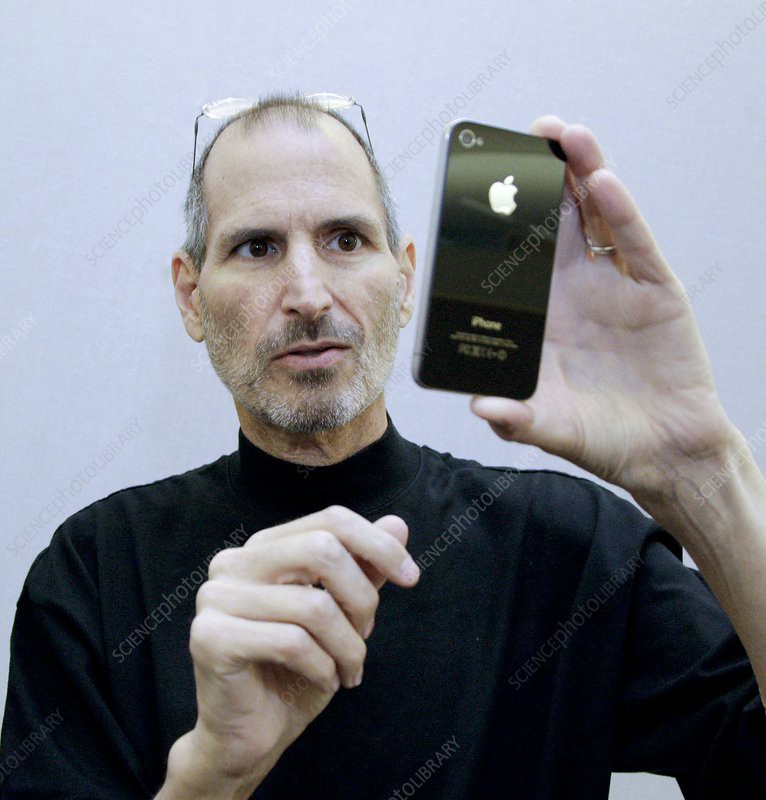
The iPhone: Dominance Entrenched
The beautiful simplicity of the iPod made it popular, and Apple’s associated software/hardware integration made the company rich, but it was the iPhone that made Apple the most successful company ever. Much like the iPod, Apple’s iPhone owes its riches to simplicity and integration, but also a third (uglier) feature: rent seeking in the App Store.
Why the iPhone is a trillion-dollar invention:
Simplicity: Apple removed the physical keyboard from the cell phone, which in itself was groundbreaking. It also consolidated an iPod, a cell phone, and a personal computer into a single device in our pockets. It’s easy to take this product 3-for-1 for granted, but it was a major breakthrough.
Integration: There are two main mobile operating systems, iOS and Android. Android runs on hardware (i.e. the phone) from numerous companies — Samsung, HTC, Huawei, LG, Google, etc. Apple’s iOS only runs on iPhones, so, the experience of its billion users is largely the same. Jobs would be happy to see this continued control.
Rent seeking in the App Store: Apple charges mobile developers a 30% cut of all sales in the App Store. This is arguably the biggest profit center of all, since Apple’s margins are almost infinity (i.e. it doesn’t cost Apple much to run the App store, but it makes billions). This 30% rate can actually differ for small developers — there are actually several App Store law suits outstanding in top court systems around the globe. Sure, it’s Apple’s phone, but given the popularity of the iPhone, it’s basically society’s infrastructure at this point. The builder of a road does not get a 30% cut from every auto company.
In summary, Steve Jobs’ personal obsession with both pleasure from restraint and tight control are features of Apple products to this day. For many laypeople like myself, this simplicity makes us lifelong Apple users. The user experience is so great that, In my mind, there are only five reasons why someone would choose a non-Apple product at this point.
PCs and Androids are cheaper.
You are an engineer (software or otherwise).
You’re a gamer.
You love being a contrarian.
You feel compelled to reprogram your device and be its master (shoutout to my Hellman readers).
So that’s why Apple is worth $2.6 trillion (and how its business and product philosophy can be traced to Jobs himself).

